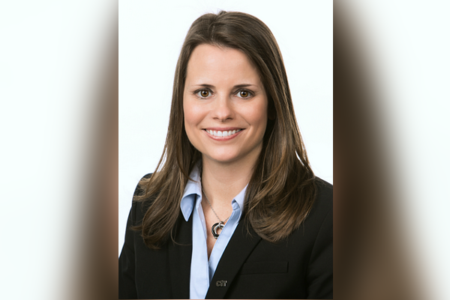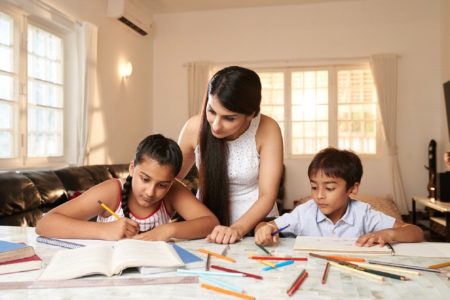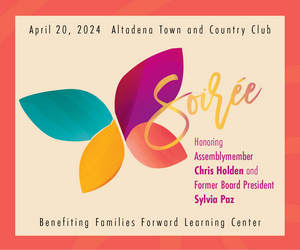
Family life has always been stressful, but the Covid-19 lockdown has exacerbated many of those problems–families are forced into constant contact, greatly reducing the breathing room so essential to every human.
Dr. Danielle Kronfli has witnessed this as a licensed clinical psychologist based in Pasadena, serving families throughout the Arroyo-Verdugo area. She says the unprecedented pandemic is increasing anxiety, depression, sleep disturbances, post-traumatic stress disorder, substance-abuse issues, suicidal ideation and panic attacks.
“Covid-19 has added a layer of stress that families are already trying to manage,” says Dr. Kronfli, who specializes in repairing the parent-child connection. “It’s increased the amount of anxiety and concern of how to manage in a world that’s scary now.
“It’s also added difficulty to entertaining children and caring for children, since there are no breaks for anyone because they’re around each other constantly,” she adds. “Treatment helps navigate all the emotions and how to find care for yourself that doesn’t interfere with daily life and minimizes the stress and anxiety affecting marriage and parent-child relationships.
But Dr. Kronfli maintains there is hope for families dealing with these problems and shared helpful tips for parents who want to restore sanity at home.
“First and foremost, the most important thing is for everyone to find time for themselves,” says Dr. Kronfli. “For parents, what that can look like is seconds or minutes. When parents think of self-care they get overwhelmed by that idea, because now they don’t have the time or ability to get a massage, for instance.
“Realistically, self-care doesn’t have to be a big production. It can be really small to help the nervous system. Deep breathing is the best travel-friendly tool to pick up throughout the day. It doesn’t take a whole lot of time.”
She recommends taking small breaths while washing hands, practicing mindfulness even in the shower and “really feeling sunshine on your body while taking walks with your family.” She notes that children respond to their parents’ stress by acting out, which stresses out parents even more, feeding a constant cycle of tension and conflict in the home.
“Having children be as active as possible–whether bike-riding, taking walks with family, running in a park or doing whatever they can do to get the blood running–can help get rid of pent-up energy,” says Dr. Kronfli. “Also, reading breaks and quiet-time breaks can help kids recharge but also parents too.”
She also suggests that couples nurture their own relationship by carving out together time at the end of each day.
“Reconnecting with their partner in a different way, asking, ‘Do you need help?’ or ‘Is there something I can do to support you?’ is so important,” she says. “I recommend quiet time at the end of the day to talk about highs and lows of each day and reconnect.”
Parents may find they still need professional help. Dr. Kronfli advises parents on handling family stress, dealing with children’s tantrums and strengthening the parent-child dynamic and boundary-setting.
She also helps children handle “big things like ADHD, depression, anxiety, sibling rivalry–anything a child is dealing with that hinders their self-esteem and development, helping not just the child but the family as a whole.”










